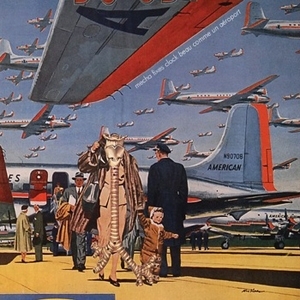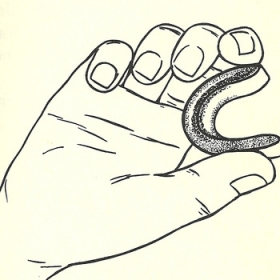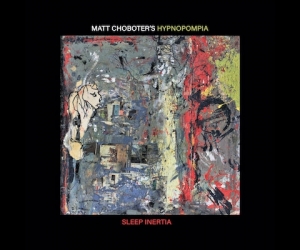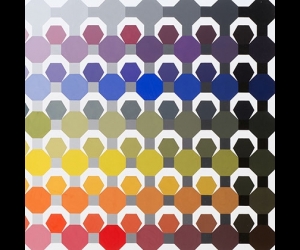
These two CDs, released on Eric Normand’s Tour de Bras imprint, have in common the trumpet of Elwood Epps and the drums of Michel F. Coté, both players dynamic forces on Montreal’s improvised and musique actuelle scenes. Coté’s work, both as a composer and drummer, is always playful—he never saw a groove he didn’t want to mess with. Epps has been ubiquitous on the Montreal scene since arriving from Guelph about six or seven years back, and his playing, emphasizing breath control and dynamic subtleties, becomes stronger all the time. Improvising trio Pink Saliva broadens the Epps-Coté alliance with Alexandre St-Onge on bass and laptop. The current iteration of Mecha Fixes Clocks, one of Côté’s many ongoing projects, consists of Philippe Lauzier (alto sax, bass clarinet), Epps (trumpet), Jean René (alto violin), Pierre-Yves Martel (viola da gamba, feedback), Bernard Falaise (guitar), Guillaume Dostaler (piano), and Côté (drums, feedback, and microphones).
Recorded at Coté’s preferred studio, Montreal’s Studio 270, Beau comme un aéroport is a suite of songs, the titles of which allude to air travel (“se maintenir en l’air coûte que coûte,” “turbulence du dimanche,” “au terme de l’ascension,” “petite perte d’altitude”). We do not normally think of airports as beautiful, however, and the music does not seem strictly programmatic, but one can find musical analogues with air travel if one chooses to do so. The middle section of “Turbulence du dimanche,” a rather tranquil piece, is dominated by a line of long notes from Epps, and Coté clattering on toms. (Perhaps Sundays are known for having very little turbulence.) “Atlas des brumes” has an African feel to the beat, bass droning underneath, trumpet line of long, purely played notes, Dostaler vamping sparely. “Tour des anges” begins with Epps and Dostaler playing solo lines before Coté enters with a splash of cymbal followed by a rising burst of feedback, which, with Dostaler’s offbeat phrasing, creates a sense of impending doom. “Egalité de la resistance des ailes” has a gamelan-feel built around Martel’s viola da gamba and Lauzier’s alto, a polyrhythmic play. “Sur le siège d’a côté 22F” has Epps blowing air through his trumpet to simulate snoring. “Ostinato aierienne” is a gentle, peaceful ending, which one wishes all flights to have.

Pink Saliva’s Il parait que is a set of three improvisations, recorded by the ubiquitous math professor and music freak Mathieu Bélanger at L’envers, the performance space in Montreal’s Mile End, on November 4, 2010.
“Cracks are found” opens with a drum shot on tom and cymbal, and the cracks are found immediately in St-Onge’s bowed bass line, long scrapes of bow on strings with a strangely hollow sound. About thirty seconds in, Coté begins a groove with a two-three figure on toms and sticks, to which he adds syncopations—a cymbal splash, a roll on the toms, bass-drum kicks and, finally, the snare nailing a hard, funky beat. Epps enters with long notes, breath control fragmenting at the edges, air beginning to leak out of the horn, Coté fading back, but coming back in to push Epps dynamics from time to time.“Idealize the actual problem,” the middle piece, is a six-minute improvisation that finds a deep textural sound, each musician playing spaced single notes, until the piece ends in a hum of decaying feedback. Sam Shalabi appears on guitar on “Il parait que,” the final and title piece, featuring dark landscapes of electronic groans, shrieks, wobbly trumpet, cymbal scrapings, rolling toms, all offbeat workings around an implied groove.Improvised music is best experienced live, but Belanger’s recording well captures the ambiance of the sadly defunct (for the moment) L’envers.


